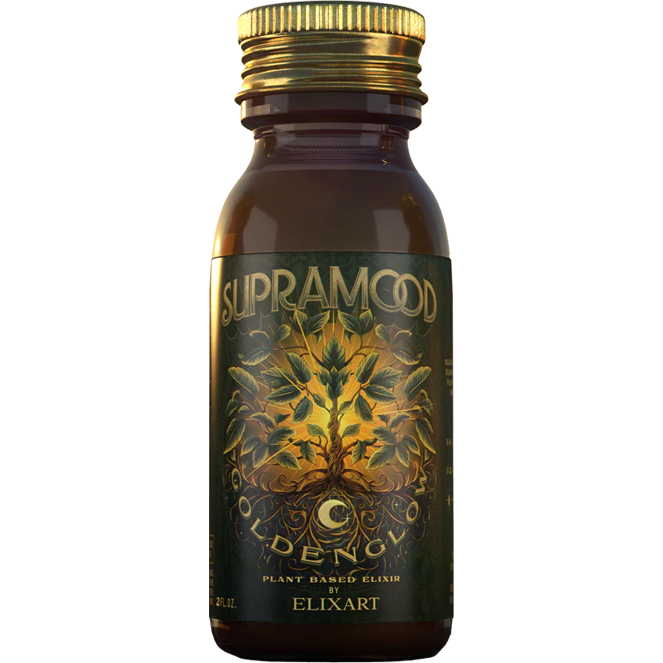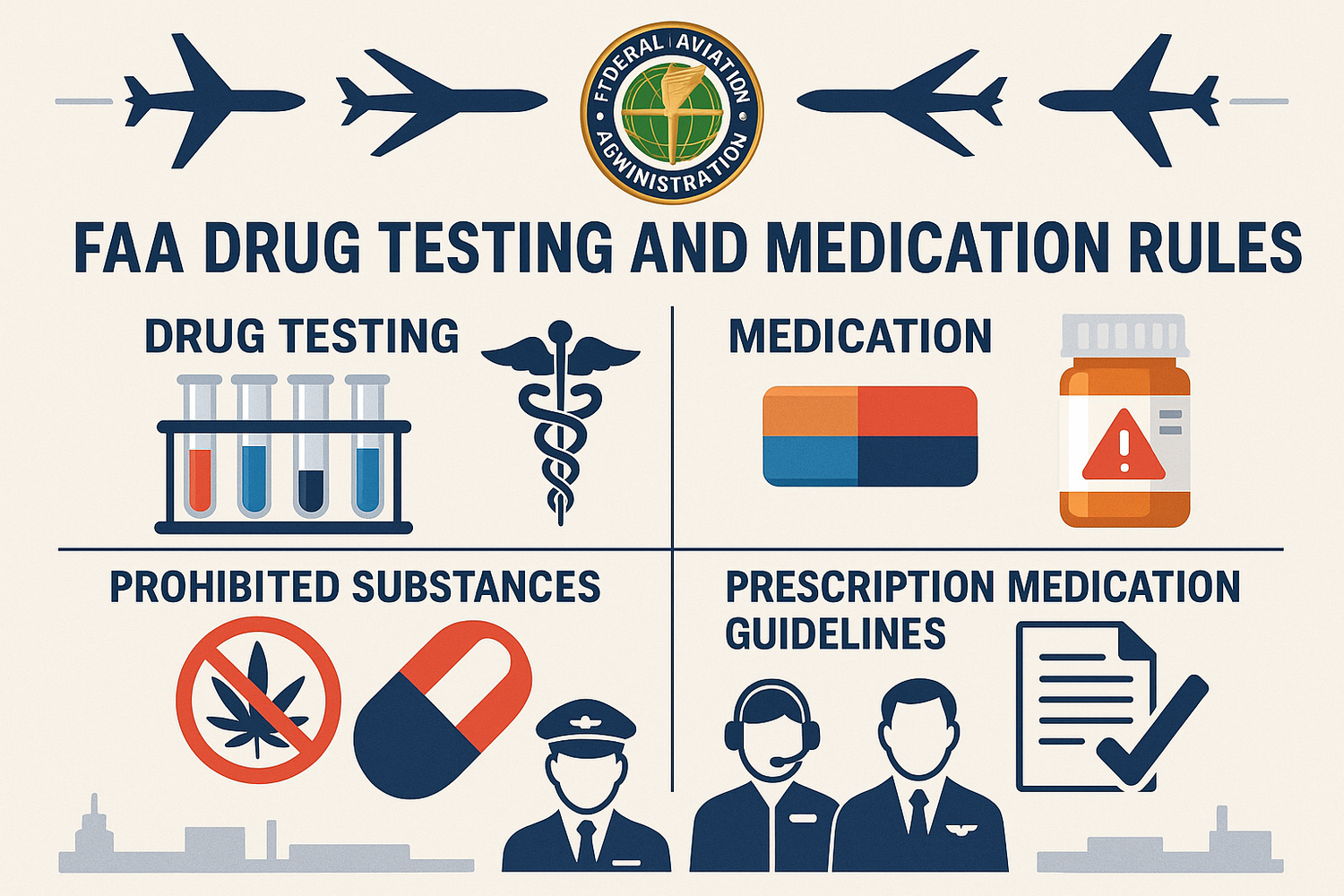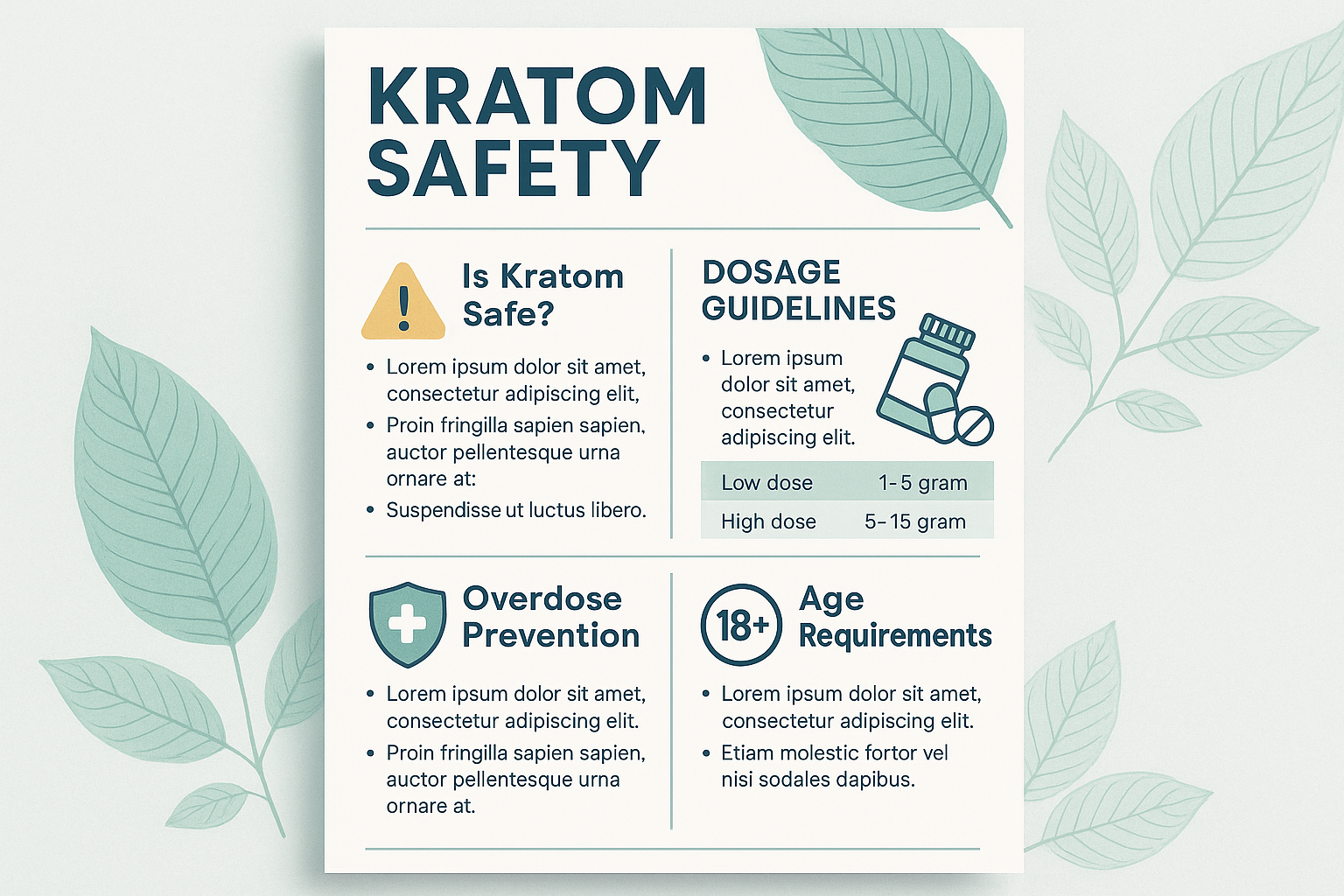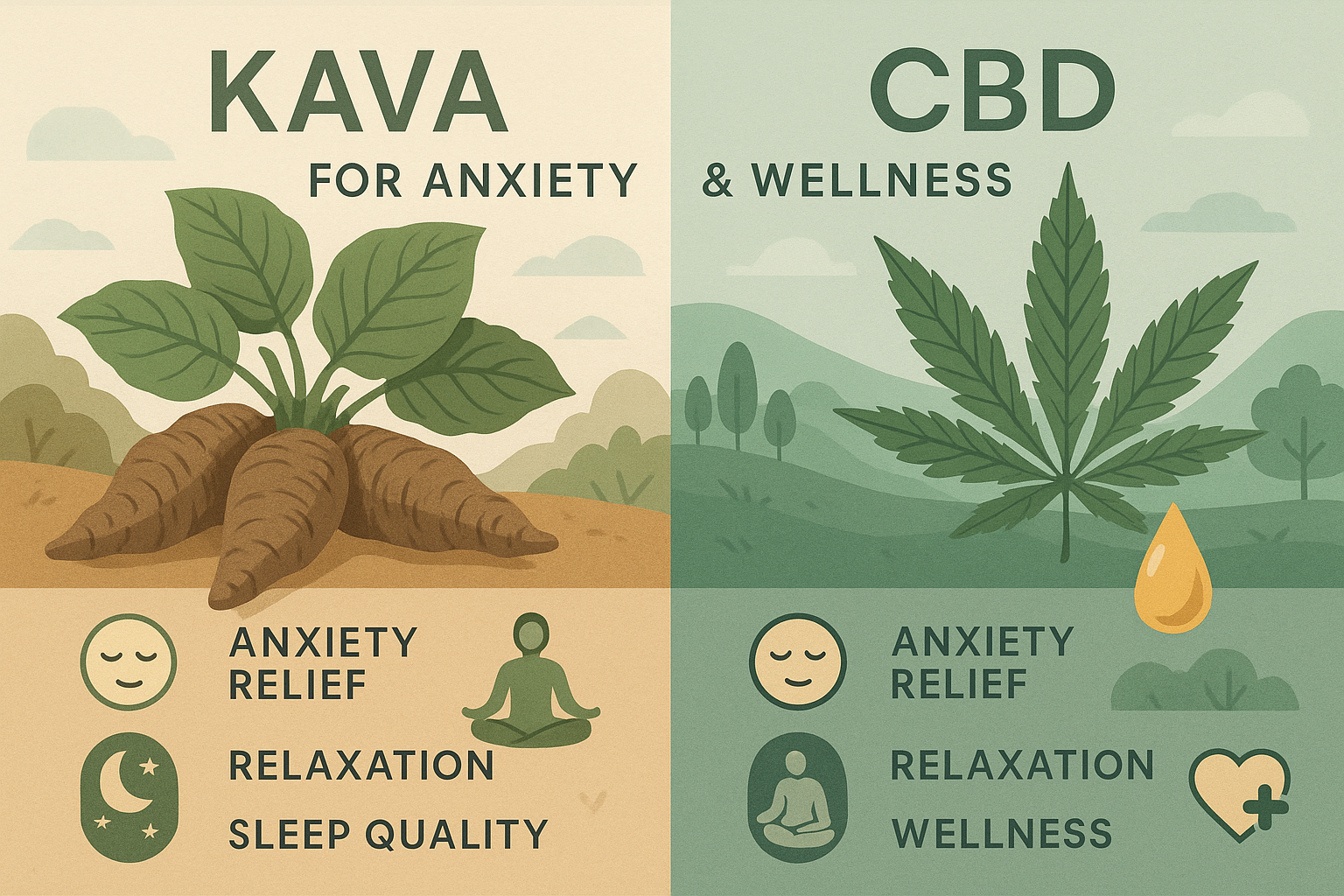Table of Contents
-
Introduction to Kava, Pilots, and FAA Safety Rules
- FAA Drug and Medication Policies: What Pilots Need to Know
- What is the FAA No-Fly List?
- Mental Health, ADHD, and Flying Eligibility
-
Supplements, Herbs & Natural Substances: What’s Safe for Pilots?
- Pilot Health and Safety: Managing Fatigue and Wellness in the Air
- Conclusion
-
FAQs
Introduction to Kava, Pilots, and FAA Safety Rules
Imagine this: You’re sipping on a calming herbal drink before a long-haul flight, thinking it’s just a natural way to manage stress and anxiety. That drink is kava, known for its calming properties and popular in many Pacific Island cultures. But here’s the big question: Can you fly with kava? More importantly, can pilots drink kava?
Welcome to the world where natural supplements and federal aviation regulations collide.
This blog dives into everything you need to know about kava, herbal supplements, and how they relate to aviation safety, especially if you're a pilot or someone interested in aviation law and policy. With insights from The Ison Law Firm Aviation Lawyers and a comprehensive review of FAA regulations, we’ll explore the grey areas, myths, and hard rules around pilots, kava, and more.
Key Takeaways
- Kava is a natural supplement with psychoactive effects and may impair cognitive function, making it risky for pilots.
- The FAA prohibits any substances (even herbal ones) that affect alertness, coordination, or judgment.
- Pilots must be cautious about supplements like kava or kratom, even if they're legal or over-the-counter.
- Can you bring kava on a plane? Yes, but flying under its influence as a pilot can be dangerous and possibly disqualifying.
- Pilots drinking kava before flying could face scrutiny under FAA drug policy.
- Pilots with ADHD must undergo extensive evaluation before they can be medically certified.
- If you're uncertain about a supplement or medication, consult an aviation medical examiner (AME) or legal expert
FAA Drug and Medication Policies: What Pilots Need to Know
Pilots are held to strict standards when it comes to drug and medication use to ensure flight safety. Understanding FAA rules helps aviators avoid disqualification and stay compliant with federal regulations.
FAA Rules on Drugs and Medications for Pilots
The Federal Aviation Administration (FAA) is strict when it comes to substances that might impair pilot performance. According to FAA guidelines, any drug, prescription, over-the-counter, or herbal that affects the nervous system or alters consciousness is considered a risk.
Even natural products, like kava drink, fall under scrutiny because they can cause drowsiness, slowed reaction time, or other forms of impairment. The FAA requires that pilots report all medication usage during medical evaluations and that they only fly when medically cleared to do so.
What Drugs Can Pilots Not Take?
Pilots are banned from using any sedatives, narcotics, or stimulants that impair mental functioning. This includes:
- Marijuana (medical or recreational)
- Benzodiazepines (e.g., Xanax, Valium)
- Opiates (e.g., codeine, morphine)
- Some sleep aids (e.g., Ambien)
- Certain ADHD medications
Even seemingly harmless supplements like kava can be disqualifying if they interfere with safe operation.
What Drugs Does the FAA Test For?
The FAA adheres to DOT (Department of Transportation) regulations for drug screening. These include:
- Marijuana (THC)
- Cocaine
- Opiates
- Amphetamines (including methamphetamine)
- Phencyclidine (PCP)
Although kava is not on this list, that doesn’t mean it’s safe to use before flying. The FAA still holds pilots responsible for flying in an impaired state, regardless of whether the substance is tested for.
What Kind of Drug Test Do Pilots Take?
Pilots undergo urine drug testing under the FAA’s anti-drug and alcohol misuse prevention program. Testing may be:
- Pre-employment
- Random
- Post-accident
- Reasonable cause/suspicion
- Return-to-duty and follow-up
Though kava might not trigger a positive result on a standard drug panel, any observed impairment could lead to disqualification or further investigation.
What Does the FAA DOT Drug Test For?
The FAA’s DOT-regulated test includes:
- Five-panel urine drug screening
- Breath alcohol testing for alcohol misuse
- Observation for signs of impairment
The absence of kava in this panel does not mean immunity. If a pilot is suspected of being under the influence of any impairing substance, even herbal, disciplinary action can follow.
Understanding the FAA’s Policies and Restrictions
FAA policies emphasize pilot responsibility and medical fitness. Even over-the-counter drugs or herbal supplements are subject to evaluation.
One common mistake pilots make is assuming “natural” means “safe.” In reality, natural substances like kava or kratom can have psychoactive effects, which raises red flags under FAA guidelines.
This is where consultation with aviation medical examiners (AMEs) and legal experts like The Ison Law Firm Aviation Lawyers becomes essential.
What is the FAA No-Fly List?
The FAA no-fly list isn’t just for unruly passengers; pilots can also face flying restrictions. Though not a publicized list like TSA’s, pilots can be placed in a “Do Not Issue” or “Do Not Fly” status if:
- They’re using disqualifying medications.
- They have unreported medical or psychiatric conditions.
- Their behavior raises safety concerns.
Mental Health, ADHD, and Flying Eligibility
Mental health conditions, including ADHD, can affect a pilot's eligibility to fly under FAA regulations. The FAA evaluates each case individually, considering diagnosis, treatment, and stability. Proper documentation and medical assessments are crucial for maintaining or obtaining flight certification.

Mental health is no longer the taboo topic it once was in aviation, but it still demands strict scrutiny.
Can Pilots Have ADHD or Other Conditions?
ADHD is a disqualifying condition for FAA medical certification, but with nuances.
Can You Be a Pilot If You Have ADHD?
Yes, but it’s complicated. If a pilot has a history of ADHD, they must undergo neuropsychological evaluation to determine if they can safely operate an aircraft.
Does the FAA Allow Pilots to Take ADHD Medication?
Generally, no. Most stimulant-based ADHD medications (like Adderall or Ritalin) are disqualifying. There are rare exceptions, but they involve extensive testing and approval by the FAA.
Supplements, Herbs & Natural Substances: What’s Safe for Pilots?

The FAA warns against unregulated supplements because their effects on alertness and coordination are unpredictable. This includes:
- Melatonin
- CBD oils
- Kratom
- Kava
Pilots are advised to consult their AME before using any supplement that impacts mood or awareness.
Can Pilots Take Kava?
Technically, yes, but they shouldn’t before or during flight duty. Kava acts on the central nervous system, inducing calmness and even mild euphoria. That’s a red flag for pilots who need sharp reflexes and clear judgment.
Is Kava Legal for Pilots?
Yes, kava is legal in most U.S. states. But legality doesn’t equal safety. The FAA evaluates substances based on their effect on performance, not legal status.
Can You Bring Kava on a Plane?
Yes, you can legally bring kava in your carry-on or checked luggage when flying as a passenger. But pilots drinking it before duty can face severe consequences if impairment is observed.
Can Pilots Take Kratom?
Kratom, like kava, is a psychoactive herbal product. Though not banned outright by the FAA, kratom use is strongly discouraged due to its unpredictable effects and lack of regulation. While kratom is legal in many U.S. states, its status varies, and several states and municipalities have imposed restrictions or bans. Learn more about kratom legality in the U.S. before considering its use, especially if you’re involved in aviation.
Can You Take Supplements as a Pilot?
You can, but caution is mandatory. Supplements that influence the nervous system, sleep cycle, or mood can be grounds for disqualification if not approved by an AME.
Pilot Health and Safety: Managing Fatigue and Wellness in the Air:
What is Pilot Fatigue?
Pilot fatigue is a serious issue that affects reaction time, decision-making, and overall performance. Herbal remedies like kava may seem like an answer, but they’re not a safe or approved solution.
Pilots are encouraged to manage fatigue through:
- Proper rest
- Hydration
- Nutrition
- Scheduled breaks
Conclusion:
The intersection of herbal supplements like kava and aviation law is murky at best. While products like kava may be legal and even beneficial in moderation, they can still pose a risk to pilot safety. The FAA expects pilots to self-regulate and disclose anything that could impair flight performance.
If in doubt, always consult your AME or legal experts like The Ison Law Firm Aviation Lawyers before taking any substance, natural or not.
FAQs:
What happens if a pilot fails a drug test?
They may be grounded, required to undergo rehab, and face FAA investigation or license suspension.
How often are pilots drug tested?
Pilots are subject to random, pre-employment, post-accident, and reasonable suspicion testing.
Does the FAA allow pilots to use Kava or medical marijuana?
No. Both are considered disqualifying due to their psychoactive effects, even if legal.
Can a pilot fly after taking sleep aids or sedatives?
Only after a sufficient waiting period and AME approval. Most sleep aids are disqualifying within 24–48 hours of flying.
Is kava considered a psychoactive substance by the FAA?
Yes. Kava has calming and sedating effects, which are not compatible with pilot duties.
How does the FAA evaluate pilots with mental health conditions?
With case-by-case reviews, medical documentation, and sometimes neurocognitive testing.
How does the FAA view herbal or alternative medicine for pilots?
With skepticism. Anything affecting mood, alertness, or coordination may be disqualifying.
What should pilots do if they need to take a new medication?
Consult their aviation medical examiner and do not fly until officially cleared.







Leave a comment
All comments are moderated before being published.
This site is protected by hCaptcha and the hCaptcha Privacy Policy and Terms of Service apply.